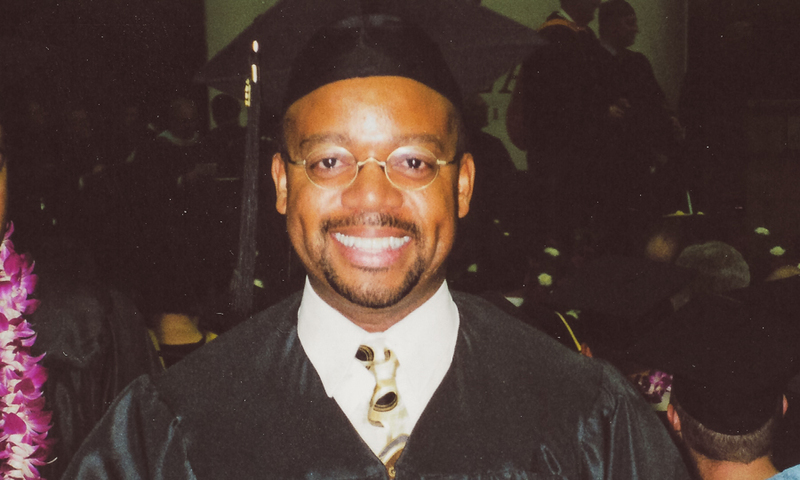During my first class at ║┌▌«╩ėŲĄ, as a BOLD student (Biola Organizational Leadership Degree ŌĆō an accelerated adult degree program), I immediately experienced ecclesiastical culture shock. I realized that I was no longer in Kansas; well in this case, no longer at my home church ŌĆō which at the time was a primarily African American congregation.
What instigated this cultural shock? It was prayer! Yes, a simple matter of prayer jarred me from my fundamentally held belief that Christianity is a universal experience that we all share alike.
Returning to prayer, a little background is necessary. In the tradition I grew up, prayer was considered a very solemn part of the service. When someone prayed, there was a certain reverence, formality, and experiential rhythm to the prayer; the person leading prayer expected a certain participatory response from the congregation as well. During my first prayer experience, in the classroom at BiolaŌĆÖs BOLD program, needless to say, the prayer was quite informal; almost the total opposite of my church experience. To be quite frank, I was not aware that the professor had begun his prayer; I assumed he was still discussing beginning of class business. I was confused; but mostly, I felt isolated and alone because the other students seemed quite at ease.
So, what is the point to this story? I think the main point is community. The mistake I made was not developing a community quickly; a community that I could have felt comfortable discussing what I experienced. Later during the BOLD program, and during my seminary days, I found a small community in a few people. I was able to discuss my experiences with a few of my colleagues; and several of them shared they had similar experiences regarding prayer time. This is not a condemnation against the BOLD professorŌĆÖs prayer technique; his prayer was appropriate and inspirational.
I am retelling this story to offer advice and assurance. The odds are, whatever you are experiencing as a first gen student, a student of color, a freshman, etc., someone else has probably already had the same or similar experience. Find someone whom you trust and feel safe with, and share your experience ŌĆō do not hold them in.
The apostle Paul wrote, ŌĆ£We who are strong ought to bear with the failings of the weak and not to please ourselves. Each of us should please our neighbors for their good, to build them up. For even Christ did not please himself...May the God who gives endurance and encouragement give you the same attitude of mind toward each other that Christ Jesus had, so that with one mind and one voice you may glorify the God and Father of our Lord Jesus Christ.ŌĆØ (Rom. 15:1-6)
The Holy Spirit works within community, that is, the body of Christ. It may be a risk to open-up to one of your trusted classmates, but in the long run the risk is worth it. This way, your comfort will also become another personŌĆÖs comfort; another person who will have similar experiences as your experience will also be able to find comfort in your experiences. In this we find ourselves following the advice of Paul; we bear the failings of the weak. In a manner of speaking, the failings are not limited to moral failures, but feelings of isolation, which is a form of fear.
The love we share for each other by sharing our experiences is the love of Jesus Christ that eliminates fear (1 John 4:18). So, if you ever find yourself culturally shocked ŌĆō especially during the first year ŌĆō allow yourself to participate in the work of the Holy Spirit and find a friend in Christ. Oh, and pay attention at the beginning of class, what you think is the closing of early announcements might be your professor praying.
Looking to get involved? Consider joining one of Biola's affinity groups
 ║┌▌«╩ėŲĄ
║┌▌«╩ėŲĄ


.jpg)
.jpg)